- Your cart is empty
- Continue Shopping
Lonopin 40mg Injection – For Prevention and Treatment of Blood Clots
Product Description
Lonopin 40mg Injection is a trusted anticoagulant medication that helps prevent and manage blood clot-related conditions. It works effectively to stop existing clots from enlarging and reduces the risk of new clot formation in the veins or arteries. This injection is often prescribed to treat deep vein thrombosis (DVT), pulmonary embolism, and acute coronary syndrome, as well as to prevent clotting after surgeries or during long periods of immobility.
Key Benefits
- Prevents the formation of harmful blood clots in veins and arteries
- Stops existing clots from increasing in size and causing complications
- Ensures smooth blood circulation throughout the body
- Reduces the risk of stroke, heart attack, and pulmonary embolism
- Supports recovery in patients after major surgical procedures
- Helps the body safely break down clots naturally over time
Uses
- Treatment and prevention of deep vein thrombosis (DVT)
- Management of pulmonary embolism (PE)
- Supportive care in acute coronary syndrome
- Prevention of post-surgical blood clot formation
How to Use
Lonopin 40mg Injection is given subcutaneously (under the skin) by a qualified healthcare professional. It should never be injected into a muscle. The dose and duration are carefully determined by your doctor according to your health condition, age, body weight, and treatment response. Regular administration as prescribed helps ensure continuous protection against clot-related risks.
How It Works
This medicine contains an anticoagulant agent that works by blocking specific proteins responsible for clot formation. By reducing the activity of clotting factors, it prevents the development of new clots and controls the growth of existing ones, ensuring safe blood flow and minimizing the risk of vascular blockages.
Possible Side Effects
Most side effects are mild and temporary, resolving on their own as your body adjusts to the medication. Common symptoms may include:
- Mild bleeding or bruising at the injection site
- Low platelet count or anemia
- Headache, fever, or fatigue
- Swelling in limbs (edema)
- Slight changes in liver enzyme levels
Seek immediate medical attention if you experience severe abdominal pain, unusual bleeding, or persistent headaches, as these could indicate internal bleeding.
Safety Advice
- Pregnancy: Generally safe under medical supervision; your doctor will assess potential benefits and risks.
- Breastfeeding: Considered safe; minimal transfer to breast milk.
- Kidney or Liver Disease: Dosage may need adjustment based on clinical evaluation.
- Alcohol: Consult your doctor before consumption.
- Driving: Does not usually impair focus or coordination.
Storage Instructions
Store the injection at room temperature, away from heat and direct sunlight. Keep it out of reach of children. Use only under the guidance of a registered healthcare professional.
Product Variants & Keywords
Lonopin 40mg Injection, Lonopin Anticoagulant Injection, Lonopin 40mg for Blood Clot Prevention, Lonopin 40mg DVT Treatment, Lonopin 40mg Injection for Pulmonary Embolism, Lonopin Injection for Clot Protection, Lonopin Heparin Injection, Lonopin 40mg Anticoagulant Medicine, Lonopin 40mg Injection for Heart and Vein Health




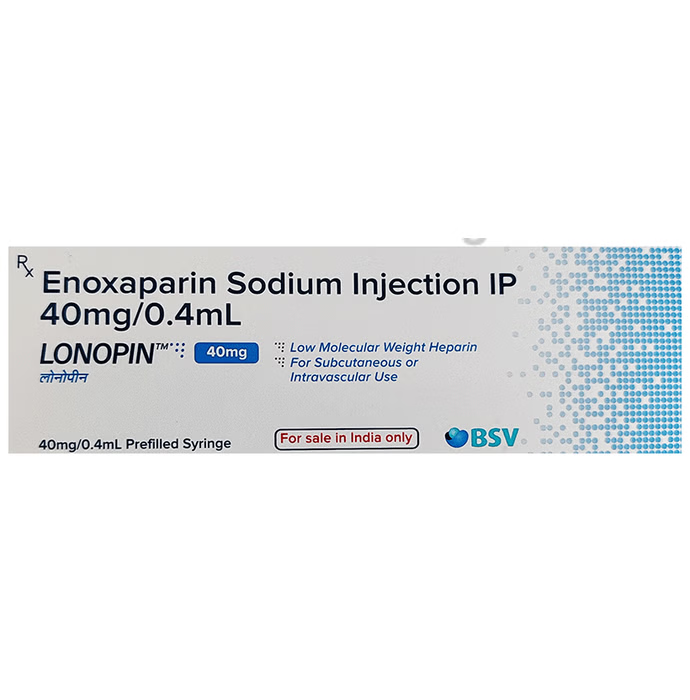
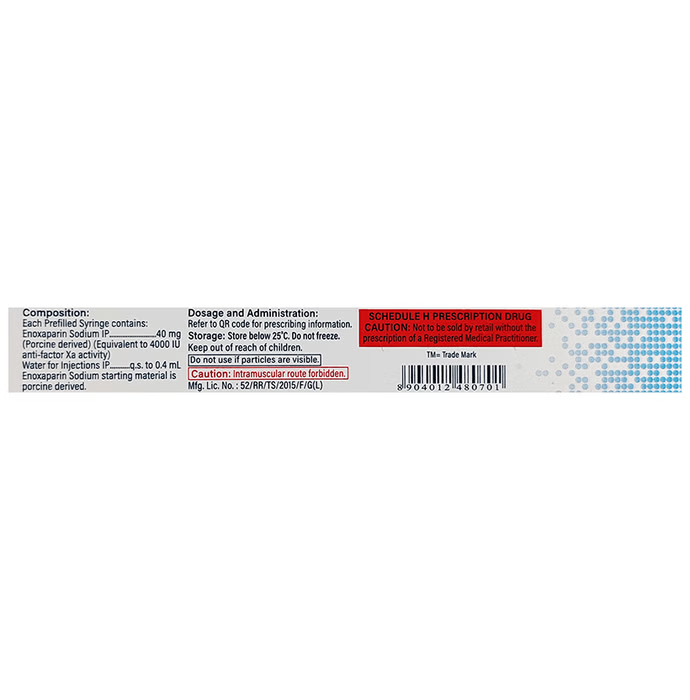
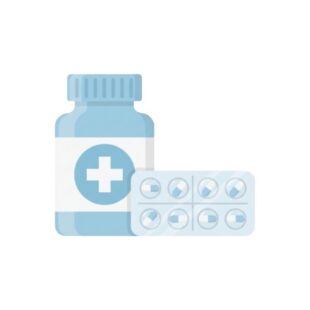
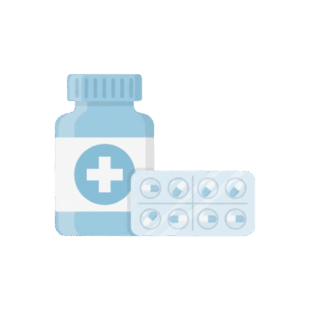
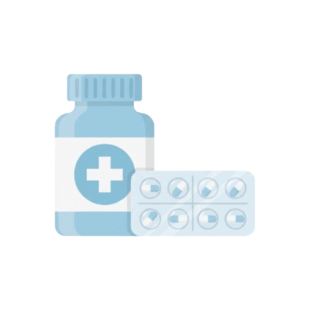
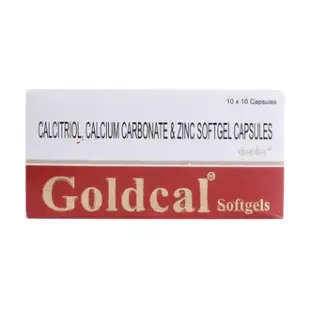
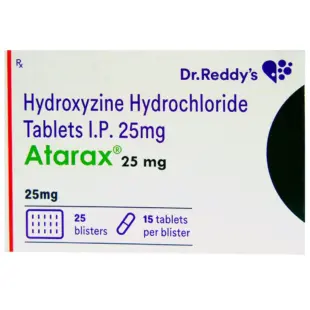
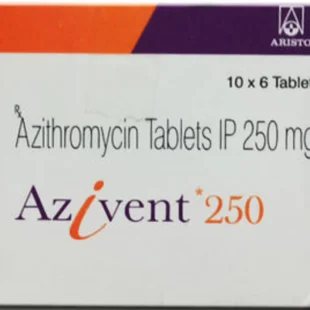
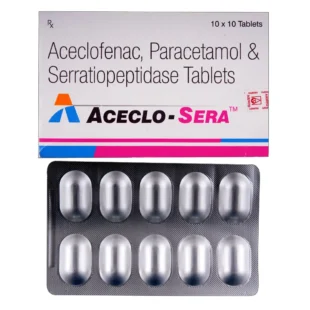
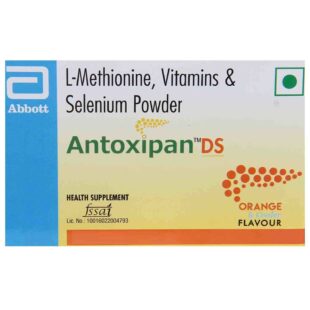
Reviews
There are no reviews yet.